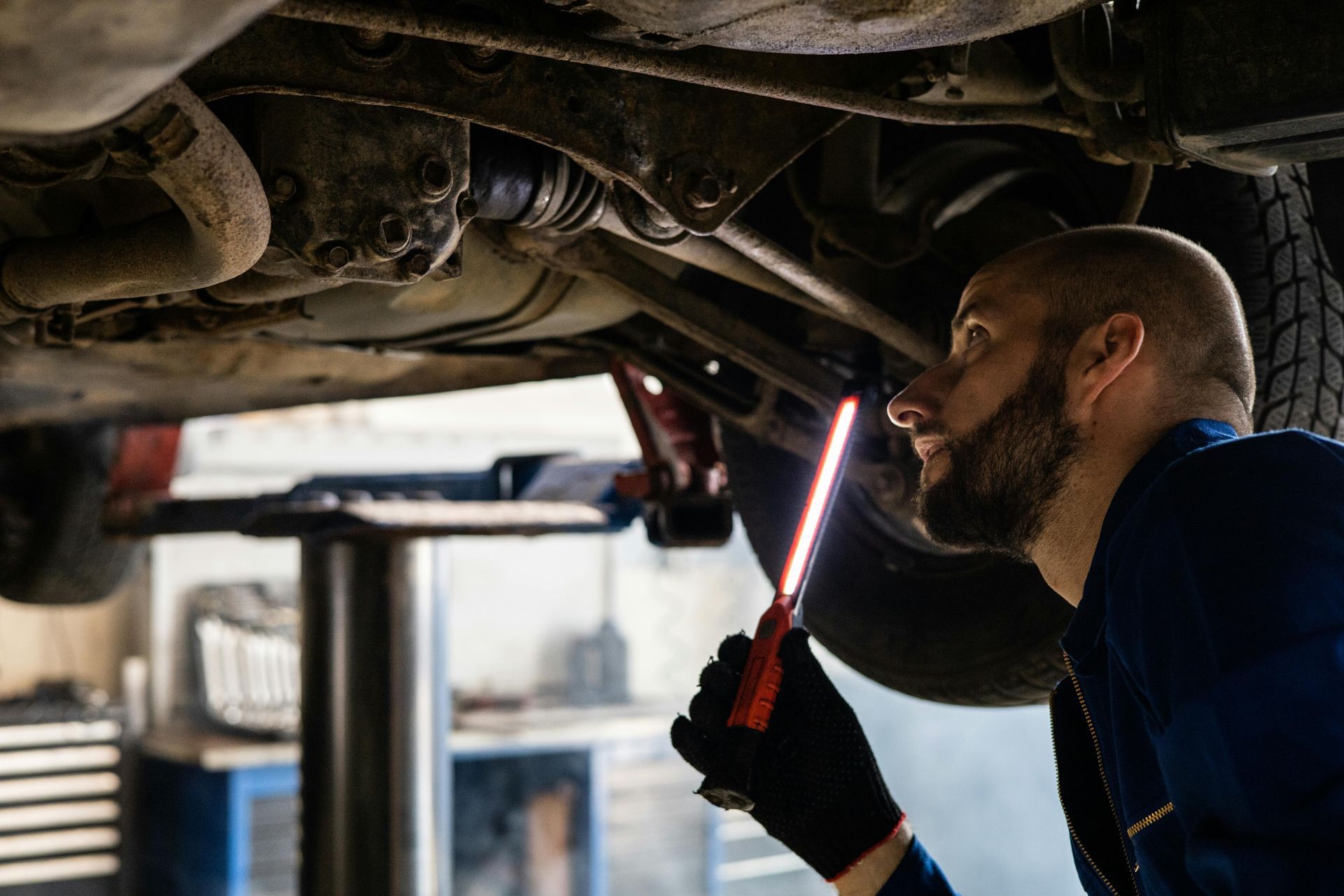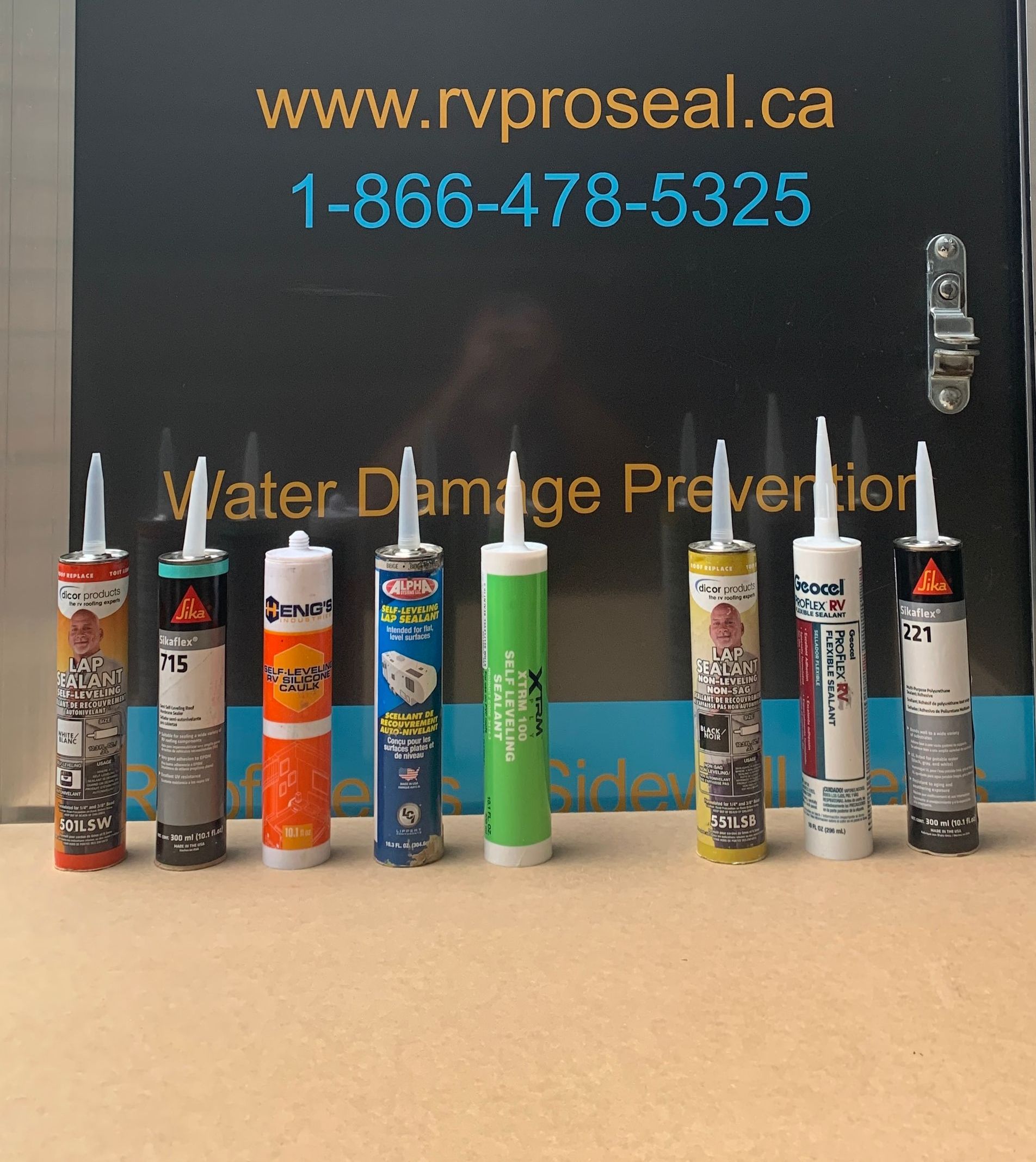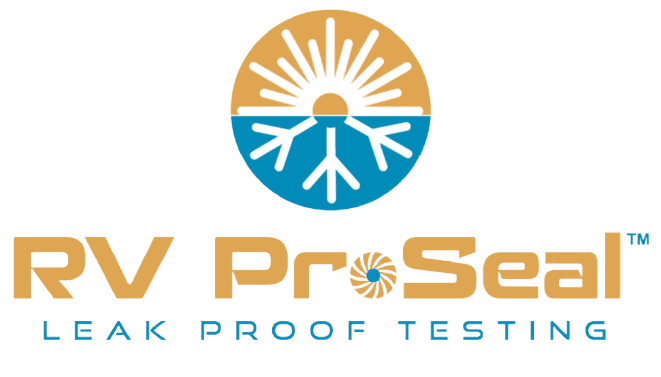RV Inspection Myths Busted: Find the right experts
RV Inspection Myths Busted: Find the Right Experts

First, let's tackle the "checklist myth." You've seen those generic checklists online: "Check tires, check lights, check plumbing..." It sounds simple, but here’s the thing: a checklist is just a starting point. A good inspector goes way beyond that. They’re looking for the why behind the what.
Think of it like this: anyone can see a tire is worn. But an expert inspector will tell you why it’s worn. Is it an alignment issue? Overloading? Or just plain old age? That’s the difference between a surface-level check and an actual inspection.
Myth 1: Any Mechanic Can Inspect an RV
This one makes me chuckle. RVs are like houses on wheels. They’ve got electrical systems, plumbing, propane lines, and, of course, the vehicle components. A car mechanic might know engines, but do they know how to check a propane regulator? Probably not.
You need someone who specializes in RVs. They understand the unique challenges these vehicles face. They know where to look for hidden leaks, how to test the appliances and spot potential problems before they become major headaches.
Myth 2: A Quick Walk-Around is Enough
Nope. A thorough inspection takes time—hours, not minutes. A good inspector will get down on their hands and knees, crawl under the RV, and get up on the roof. They’ll test every system, check every component, and document everything.
Imagine buying a house and only having a quick look around. You wouldn’t do it, right? The same goes for an RV. It’s a significant investment, and you want to know exactly what you’re getting.
Myth 3: Price is the Only Factor
Sure, you want to stay within your budget. But don’t just go with the cheapest option. You get what you pay for. A low price might mean a rushed inspection or an inexperienced inspector.
Instead, look for a company that offers a comprehensive service at a fair price. Ask about their qualifications, experience, and what’s included in their inspection. A good RV inspection company will be transparent about their pricing and services.
Myth 4: A New RV Doesn't Need an Inspection
This is a big one. Even new RVs can have problems. Manufacturing defects happen. Sometimes, things get damaged during transport. And, let’s be honest, not every dealer does a thorough pre-delivery inspection.
A new RV inspection gives you peace of mind. It ensures that everything is working as it should be and gives you leverage if you need to get something fixed under warranty.
Myth 5: A Pre-Purchase Inspection is the Only Time You Need One
While pre-purchase inspections are essential, they’re not the only time to consider one. Regular inspections are key to keeping your RV in top shape.
Think about preventative maintenance. Just like you get your car serviced, your RV should be inspected regularly. This can help you catch minor problems before they become expensive.
For example, a client decided to have their roof inspected after noticing a small water stain inside. The inspector found a small crack in the sealant that, if left unchecked, would have led to significant water damage. That quick inspection saved them thousands of dollars.

What to Look for in a Good RV Inspection Company
Okay, now that we’ve debunked the myths, let’s talk about what to look for in a reputable RV inspection company.
- Certifications and Qualifications: Look for inspectors who are certified by reputable organizations. This shows they’ve met specific standards and have the necessary knowledge and skills.
- Experience: How long has the company been in business? How many RVs have they inspected? Experience matters.
- Comprehensive Inspection: Ask for a detailed list of what’s included in their inspection. They should cover all major systems and components.
- Detailed Report Option: A good inspector can provide a written report with photos and thorough explanations of any findings.
- Insurance: Make sure the company is well insured and not just general business insurance coverage. If work is needed than Garage coverage is required. If inspections are performed than Errors and Omissions coverage is required. All these coverages fully protects you in case of any damage during the inspection.
- References: Ask for references from past clients.
- Communication: A good inspector will be responsive and easy to communicate with. They’ll answer your questions and explain their findings in a way you can understand.
The Human Element
Beyond the technical stuff, there’s also the human element. You want an inspector who is honest, reliable, and trustworthy. Someone who will treat your RV like it’s their own.
Inspectors who go through the motions, checking off boxes without looking at anything, are not the inspectors you want. You want inspectors who take the time to explain things, offer advice, and go the extra mile.
The difference is enormous. You want someone who cares about your RV and wants to help you keep it in top condition.
Real Life Example
We once inspected a used RV for a couple who were first-time buyers. They were excited but also nervous. During the inspection, we found hidden leaks unknown to the owners. As a result, water damage was found costing thousands to repair.. It was a major issue but could have been devastating if left unchecked.
We explained the problem to the couple and showed what's involved to fix it. They were so grateful that we had caught it. They said they wouldn’t have known what to look for.
That’s why inspections are so necessary. They give you peace of mind and help you avoid costly surprises.
Why it matters
RVs are made to be used, enjoyed, and provide memories. Having a trustworthy inspection will allow you to enjoy your investment.
In closing
Choosing the right RV inspection company is an important decision. Don’t fall for the myths. Do your research, ask questions, and select a company that you can trust.
And remember, a reasonable inspection is an investment in your RV and peace of mind.
You might also like





